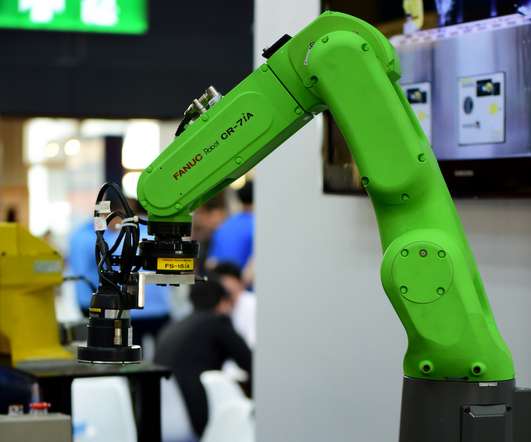Why You Should Conduct Internal Quality Audits
Arena Solutions
OCTOBER 12, 2023
billion by 2030. Driving excellence, trust, and operational efficiency through internal auditing An audit lets you evaluate your operations, internal controls, and risk management processes—anytime—so you can be prepared for any third-party or unscheduled audits. billion to $855.62 billion in 2023. billion to $799.67
















Let's personalize your content